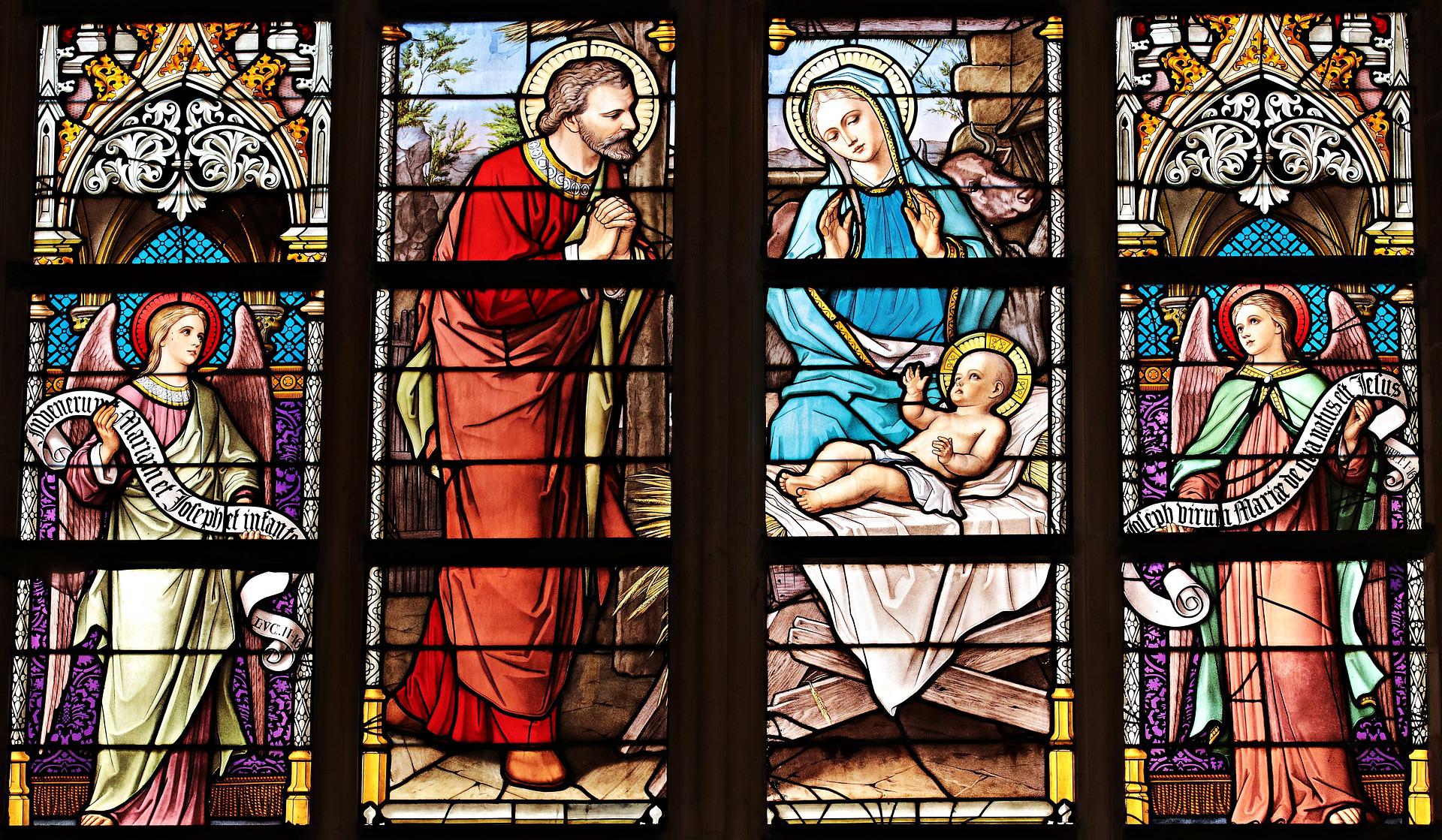
27 Courses

BTX 2042 Inductive Bible Study SP 2023/2024

CEX 2012 Christian Education (Self-Paced)
This course is designed to introduce the educational ministry of the church. Special attention will be given to four broad topics: biblical, theological, and philosophical foundations; aspects of the teaching/learning process; the needs, abilities, and special considerations of teaching various groups of people; and the organization and design of the Christian education ministries of the local church.

CEX 2022 Spiritual Formation (Self-Paced)
This course is designed for the personal and spiritual growth of the minister, exploring the biblical and historical foundations of the spiritual life, as well as methodologies and resources for developing Christian spirituality in the lives of others in cooperation with the work of the Holy Spirit. This course should enhance the student's ability to see the relationship between spirituality and ministry, and to discover principles for the enrichment of their own spirituality and to help Christian disciples grow in their relationships with Christ.

CEX 4012 Church Leadership and Management (Self-Paced)

HIX 3012 General Church History (Self-Paced)
Church History provides a survey of the history of the Christian Church from its birth to the present day in the context of world history. Our focus in this course will be to trace ways that Christianity has both confronted and adopted the prevailing culture as followers of Christ have sought to be “in but not of the world." Attention is given to how the past impacts present and future ministry.

HIX 4012 Wesleyan History & Discipline (Self-Paced)

MIX 3012 Global and Intercultural Ministries Self-Paced
This course is an introduction to Global and Intercultural Ministry. Our world has become a “global village,” and it is vital that Christian leaders demonstrate an awareness of and sensitivity to diverse cultures worldwide and in North America. Consequently, this course will explore both the challenge of understanding and of appreciating other cultures; and with the intention toward communicating the gospel more effectively—regardless of one’s geographical location. This course will integrate missiological concepts and principles with personal application and insights for ministry. Through the teaching and learning experiences of this course, the student will be exposed to and hopefully acquire basic tools (i.e., attitudes, knowledge, and skills) for effective intercultural relationships and Christian ministry.

NTX 1012 New Testament Introduction (Self Paced)
This course intends to provide a basic introduction to the content of the New Testament and its socio-cultural setting. Attention will be given to authorship, dating, composition, and general background/contextual issues. Various methods for studying the New Testament will be covered, with the aim of developing skills for close readings of scripture that inform life, preaching, and pastoral ministry.
NTX 2052 Life of Christ (Self-Paced)
The purpose of this course is to give the student a clear understanding of the message and life of Jesus Christ as well as to provide experience in the discipline of engaging in practical theology leading to ongoing Bible study and lesson preparation
NTX 2062 New Testament Elective: Acts (Self-Paced)
The study of the New Testament Church as found in the book of Acts, relates to the redemptive ministry of Christ and His selection and training of disciples who were to become the apostles of the New Testament Church. The study will include the divine origin, purpose and plan for the church, the relationship of Christ, the Holy Spirit and the apostles in the Church’s growth, the composition and character of the Church, the reasons for its success in a pagan world, and its relevance to the Christian Church today.

OTX206 Old Testament Elective - Poetry (Self-Paced)
A study of the books of Job, Psalms, Proverbs, Ecclesiastes, and Canticles (Song of Solomon), analyzing the forms and functions of Hebrew Poetry, developing skills in the interpretation and utilization of poetic literature, noting comparable literature of the surrounding cultures, studying the characteristics of wisdom literature, and noting its contribution to the Old Testament.

OTX1012 Old Testament Introduction (Self-Paced)

OTX2052 Old Testament Elective - Pentateuch (Self-Paced)
The purpose of this course is to give the student an insight into the first five books of the Old Testament, and to see how the message of these five books is definitive for the rest of Scripture.

OTX2072 Old Testament Elective - Prophets (Self-Paced)
The purpose of this course is to give the student an insight into the message of two of the biblical prophets, Jeremiah and Amos, and to provide guidelines and ideas in approaching the prophets both for personal study and for preaching.

PHX 201 Philosophy & Ethics (Self-Paced)
This course will introduce students to major thinkers and trends in Western philosophy. The bulk of the course will explore the relationship between the Platonic tradition (Plato, Aristotle, the Stoics and Neoplatonists) and Christian theology. Some attention will be given to developments in modern and contemporary philosophy.

PMX 3012 Introduction to Homiletics (Self-Paced)

PMX 3022 Evangelism and Church Health (Self-Paced)
The purpose of this course is to ignite a passion to share Christ’s love with others. Through a series of ten units, the student will actively engage in personal evangelism work, under the leading of the Holy Spirit. There will also be guided, purposeful reflection on evangelism techniques and methodologies, church health and church planting.

PMX 3032 Expository Preaching (Self-Paced)
The purpose of this course will be to develop skills which will aid in the preparation and delivery of expository sermons.
PMX 4012 Pastoral Ministries (Self-Paced)
The Pastoral Ministries course will provide a survey of the tasks which accompany pastoral ministry in a local church setting. Emphasis will be placed on pastors as persons as well as the competencies needed for contemporary ministry.
PSX 101 Psychology (Self-Paced)
As an introductory course in psychology, the intent is to give the student a brief overview in the study of psychology. The student will be introduced to some of the major schools of psychology, their theorists and their theories. To critique these theories from a biblical viewpoint, and to make life applications where it is appropriate.